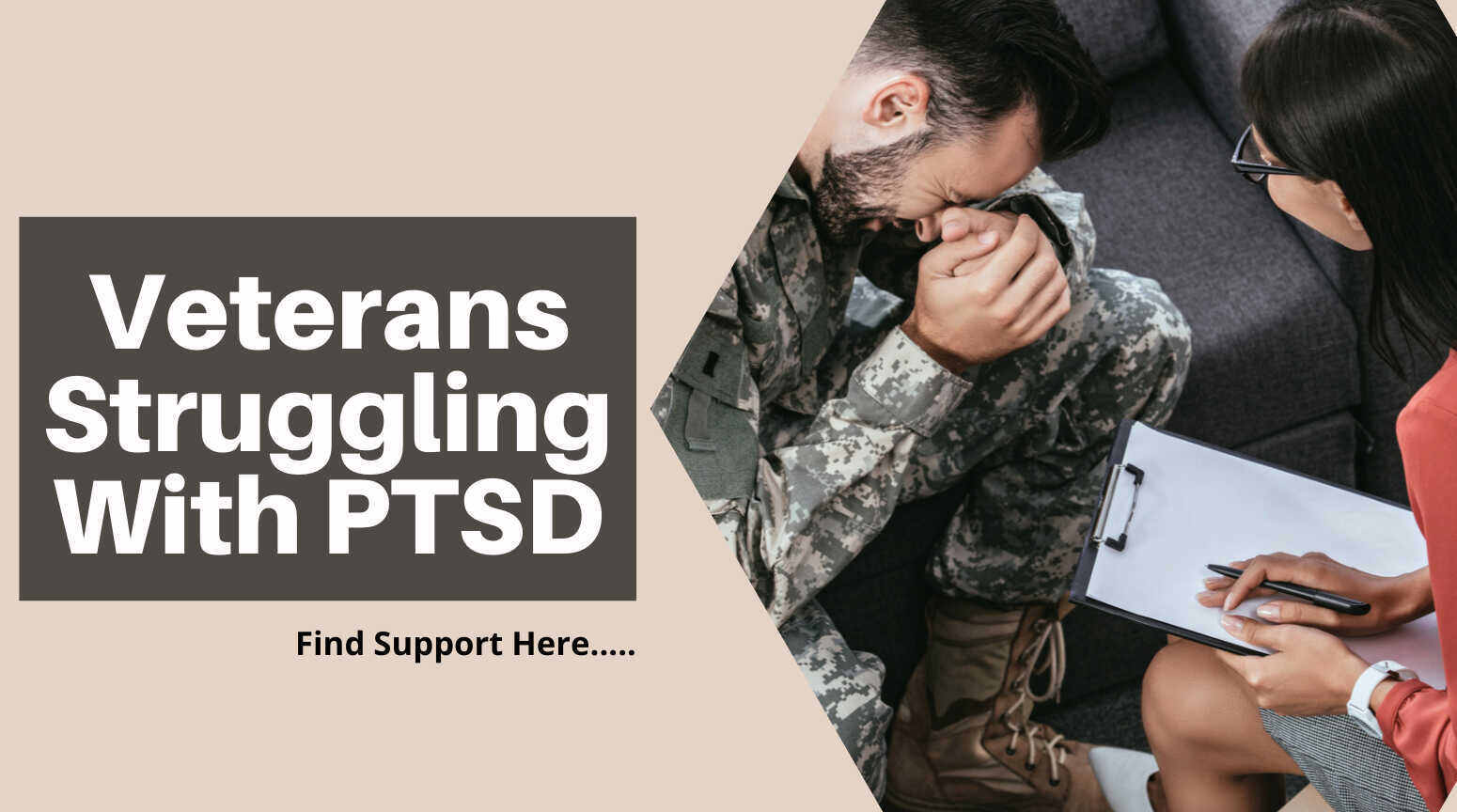When loved ones return from military service, it would be worrisome on your part on whether they would adjust to life back home. In fact, mental health conditions including addiction and post-traumatic stress disorder are common among these veterans. To lighten up your worries, good to know that these struggling veterans with PTSD could find support in certain ways.
But what is PTSD by the way? And what are its symptoms?
PTSD or Post-Traumatic Stress Disorder is a mental illness that usually occurs after someone goes through certain traumatic experiences. More frequently, veterans develop this kind of mental illness compared to the common population since they are more exposed to a series of traumatic experiences during their service.
Well, everything from their combat exposure to natural disasters could be traumatizing for these veterans and might leave them struggling to cope with the emotional pain.
You should be aware of its symptoms which include the following:
- Avoiding certain reminders of the traumatic event
- Flashbacks to these traumatic events
- Persistent anxiety
- Recurring negative thoughts
- Changes in behaviors and mood
- Struggles with addiction
- Sleep difficulties
Thus, the said symptoms could be quite challenging to manage without the suitable treatment and support. Also, having symptoms of depression on top of the PTSD symptoms could be troublesome to everyday responsibilities. That’s why, it’s crucial to recognize the symptoms and seek support or help as soon as possible.
So, how can these veterans struggling with PTSD find support?
Here are some of the right ways on how to support veterans that are struggling with PTSD:
- Be familiar with the symptoms of PTSD.
Indeed, one of the best ways in order to connect with these veterans regarding PTSD is to have a better understanding of its symptoms. Some of the symptoms were mentioned above and if any veterans you know are displaying any of those symptoms, it could be an indicator that they might be dealing with a traumatic event.
Once their personalities seem completely different from how they were before, you shouldn’t take it lightly. These veterans might need help to get through the trauma that is still playing out in their minds.
- Be well-educated on treatment options.
Aside from learning more about the symptoms, you must also know some of the right treatment options too. Its hard for people with PTSD to trust. So, if they let you in and shows that they need your help, you must be ready with treatment options.
Often, therapy is very beneficial for the veterans including eye movement desensitization and reprocessing. This kind of therapy focuses on letting go of the distressing event as it plays out in the mind and restructuring the way that it impacts the veterans.
Good to know that due to advanced technology, there are new developments made to help these veterans in dealing with PTSD. In fact, virtual reality programs are used in modifying responses, behaviors and thoughts once surrounded by the triggering experience.
- Promote Self-Care.
More than just a buzzword, self-care is crucial when it comes to maintaining emotional health. There are daily things that veterans can do aside from professional treatments to soothe and manage the symptoms. These activities might include the following:
- Meditation
- Deep breathing exercises
- Massage
- Mindfulness
- Yoga
Plus, veterans could pursue a minimalist lifestyle to achieve greater mental clarity as well as emotional balance. Focus on essentials and trim clutter which leads to focusing on those things that really matter.
Though these approaches might not necessarily get rid of the PTSD effects, still they could help to ease some of the symptoms.
- Connect veterans to one another.
In most cases, veterans struggling with PTSD could feel alone in their despair and grief. They might try isolating themselves and withdrawing from relationships. Also, they might be apathetic to certain things they used to enjoy doing. It might be hard to connect with these veterans since there is no way that you could fully understand what they are going through.
However, you could encourage them to talk to someone who does understand what they are going through. There could be peer support groups all over the country that are designed to bring these veterans struggling with PTSD together for them to talk about their experiences. They cover the struggles of daily living at the same time encouraging trust in other people.
- Show compassion as you listen.
If veterans don’t want to open up and talk about the experiences, you must show compassion as you listen. You may feel a bit uncomfortable listening to the things that they had to go through. Nevertheless, you must listen and take it for what it is without having to interject your own opinions or without trying to compare your own life experiences.
These are just some of the ways that veterans who are struggling with PTSD could find support. Showing your support to them might not be that easy, and it would be a long journey too. But showing the support and being there in every sense of the word is indeed the best thing that you can do.
With support, help, and encouragement over time, these veterans could go on to learn how to manage the symptoms of PTSD and eventually find emotional and mental balance. Also, it is important to seek help from qualified professionals.


